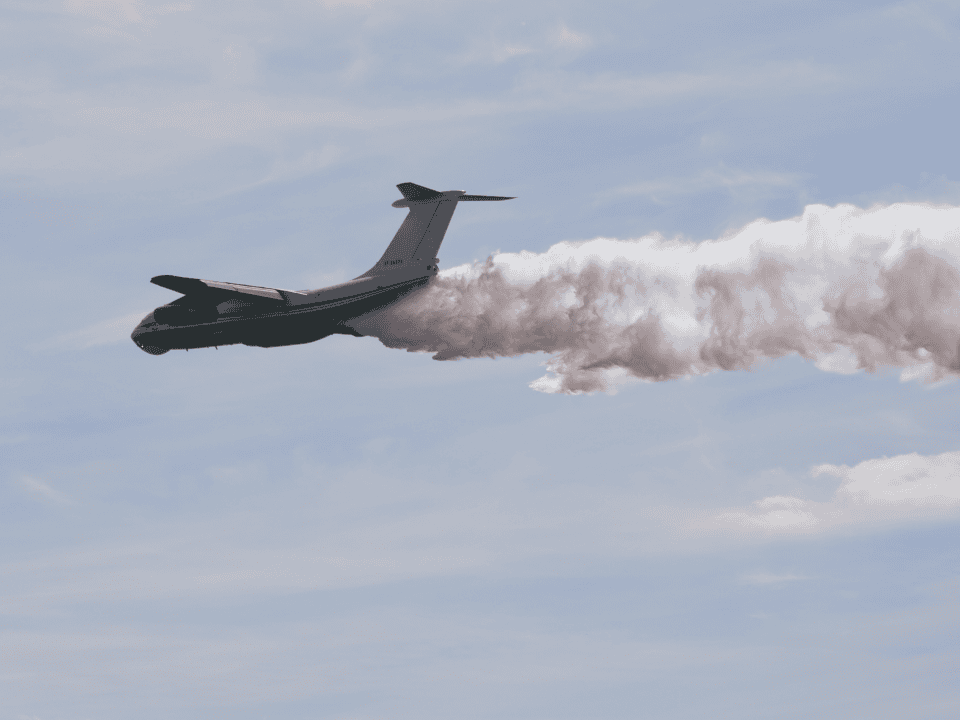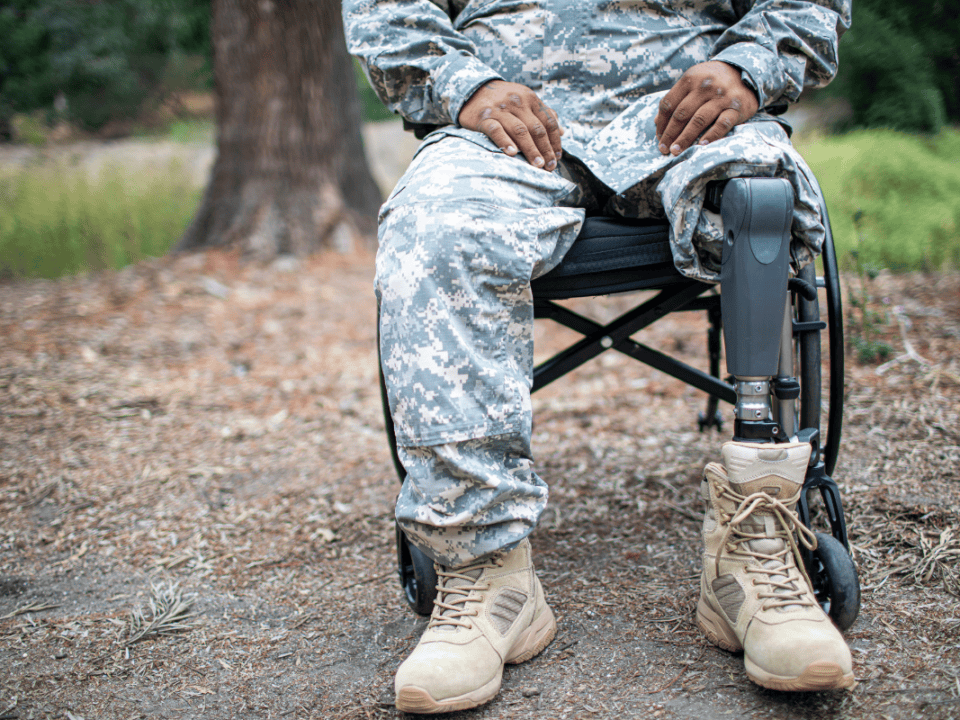Service-connected PTSD, or Post-Traumatic Stress Disorder, is unfortunately an all-too-common side effect of serving in the military.
Military servicemembers may return from deployment with symptoms ranging from low-level anxiety to nightmares, to completely debilitating fears. PTSD can keep you from being able to work or could even affect your interactions with friends and family.
What about those soldiers who aren’t deployed into combat zones, however? One question we are often asked is, “Can I have PTSD if I was never in combat?“
We’d like to take a look at the answer to that question today.
Types of Non-Combat PTSD
While the pop culture representation of PTSD most often involves the aftermath of heavy combat, PTSD can occur at any time! For instance, after the earthquake that devastated Haiti in 2010, more than 15,000 United States military servicemembers from all branches were sent to aid in the recovery. While Operation Unified Response didn’t involve combat, many of the jobs performed involved either physical risk or exposure to devastation that could easily leave soldiers with trouble adjusting upon their return.
Alongside PTSD due to time spent performing non-combat humanitarian duties like this, there are other causes of PTSD that can lead to VA disability claims, such as:
Physical assault. It’s not uncommon for veterans to report physical non-sexual assault while serving, often at the hands of a superior officer. Sometimes these are one-time assaults that nonetheless leave long-term effects, but just as often the issue goes on long-term, or the assault involved several servicemembers at once.
It can be difficult to admit that these assaults occurred, but they nonetheless can leave lifelong physical, mental, and emotional scars on the veteran subjected to the assault(s).
Military sexual trauma. While women are often the “face” of military sexual trauma in pop culture and news articles, rape, sexual harassment, or sexual assault happens to both men and women serving in the military. The VA has very specific definitions for MST, especially when it comes to a VA disability claims. They define MST as sexual assault or repeated, threatening sexual harassment occurring while the servicemember in question was currently serving.
Accidents. Non-combat accidents that lead to PTSD most often involve vehicles. Whether they took place while on-base, during deployment, or while the veteran was on leave, they can still be a common PTSD stressor. While a PTSD claim involving a simple dent or fender-bender wouldn’t necessarily be approved, more serious vehicular accidents or collisions have been known to be part of successful VA disability claims.
A fellow soldier’s death or suicide. After decades of being an “open secret” within the ranks of veterans, suicide is finally being acknowledged as one of the largest issues facing U.S. military servicemembers today. When serving alongside other servicemembers, it’s common to create and maintain deep bonds similar to those of family. These bonds can last for years or even for a lifetime, and the suicide or other death or a fellow soldier can be a serious stressor for PTSD.
Whether a veteran witnessed the act or had close ties to a veteran who committed suicide or witnessed or was affected by the accidental or non-combat death of a fellow soldier, the resulting PTSD should never be ignored or minimized if it occurs. Seek representation as soon as possible to be sure you’re able to get the treatment you need to recover.
Are You Suffering From Non-Combat PTSD?
Whether you served in combat or not, it’s important to research the symptoms of PTSD. Knowing the symptoms in advance will help you if you begin to find yourself having trouble adjusting back to daily life after your time spent serving in the military.
Symptoms of Post-Traumatic Stress Disorder in military servicemembers include:
- Nightmares, flashbacks, or even vivid memories of the traumatizing event or events
- Feelings of numbness, distance, or isolation from others
- Loss of interest in hobbies or daily life
- Feeling tense or “on guard” at all times, an inability to relax
- Difficulty concentrating or sleeping
- Jumpiness or being easily startled
- Avoiding people, places, or things that remind you of the traumatizing event(s)
- Drinking or using drugs to avoid the memories of the event(s)
- Considering harming yourself or others
- Working constantly to avoid memories
- Decreased ability to communicate or connect to loved ones, including family, partners, and friends
These symptoms may keep the affected veteran from holding down a full-time job, or even leave them unable to work at all. Relationships with family and freinds may deteriorate, leaving the veteran feeling more isolated and less able to seek help. Non-combat PTSD and its effects are very real, and seeking treatment is essential to recovering your ability to function in daily life. It’s important to look for and receive the care you need, and no military servicemember should ever feel shame when applying for VA disability due to PTSD.
Filing For VA Disability? Bluestein Attorneys is Happy to Help
At Bluestein Attorneys, we pride ourselves on our dedication to helping military veterans and current servicemembers receive the legal representation they deserve. Our South Carolina Veterans Advocacy team is made up of attorneys who have themselves served in the military, so we understand the unique environment and stress involved in military life.
If you’re looking to file a non-combat PTSD claim for VA disability, or are a military veteran or active servicemember with questions about VA disability, PTSD, or other issues, we’d be happy to speak with you! Just give us a call at (803) 779-7599 or contact us online to request your FREE consultation today.




